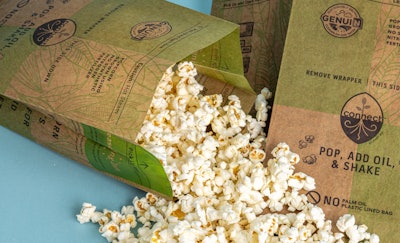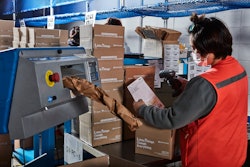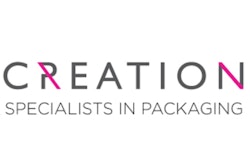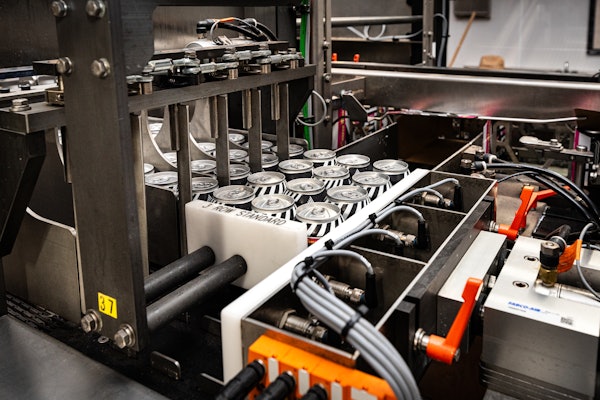Berkeley, Calif.-based whole-grain popcorn brand Connect Snacks has an interesting backstory. Parent company and eco-friendly fertilizer startup Pivot Bio launched the brand to connect consumers with farmers who are growing food with synthetic-free nitrogen fertilizers. Following the successful launch of its popcorn kernel product in October 2021, Connect Snacks turned its attention to developing a microwavable popcorn option. Given its better-for-the-planet mission, it knew it needed to find a per-and polyfluoroalkyl (PFAS)-free packaging solution for its popcorn.
PFAS is a man-made class of plastic chemical compounds commonly used in microwavable popcorn bags. Other packaging that uses PFAS includes cardboard takeout containers, pizza boxes, fast food packaging, and pet food bags. Packaging suppliers add PFAS to microwavable popcorn bags to keep oil inside from soaking out and to prevent the bag from burning.
Connect Snacks CEO Karsten Temme notes that the PFAS liner provides two other functions as well. “First, it seals in a metal susceptor, which improves heating to pop the kernels. And second, it prevents seasoning from sticking to the bag,” he explains.
PFAS compounds have a tendancy to leach into products which is a health and environmental concern, as the International Agency for Research on Cancer (IARC) has classified them as “forever chemicals.” The forever chemicals designation means they break down very slowly, accumulating both in the environment and in the human body. One report from the U.S. Centers for Disease Control and Prevention’s (CDC) National Health and Nutrition Examination Survey (NHANES) found PFAS in the blood of 97% of Americans. A 2019 study found that people who regularly eat microwavable popcorn have significantly higher levels of PFAS in their blood; for those who consume it daily, their levels were up to 63% higher than average.
Bioaccumulation of these compounds can seriously impact an individual’s health. A recent CDC review outlined a host of negative health effects associated with PFAS exposure, including cancer, liver damage, decreased fertility, and increased risk of asthma and thyroid disease.
Connect Snacks' journey to PFAS-free packaging
Engineering PFAS-free packaging for microwavable popcorn isn't easy though. In addition, alternative options typically carry a higher price tag—up to three times higher, according to Temme. To address the challenge, Connect Snacks used several strategies. “We solved it by using the highest quality popcorn that’s also sustainably grown using no chemical nitrogen fertilizer,” he shares. “We also ask consumers to add their own oil to their popcorn rather than including it in the bag, and we invested in a lot of research and development to create delicious flavors from natural ingredients that wouldn’t stick to the bag.”
Temme says it was important for Connect Snacks to develop PFAS-free packaging because of how ubiquitous plastic-coated packaging is in the lives of consumers, adding that it’s often hidden. “Coffee cups, sandwich wrappers, and paper takeout containers often have a plastic liner,” he says. “We want to do our part by removing the plastic coating in our microwave popcorn—and this means no more microwaving your popcorn in plastic, too.”
While information on the exact material used for Connect Snacks’ PFAS-free packaging for microwavable popcorn and on the material supplier is proprietary, Temme does share that the bags are made from “FDA-approved, grease-resistant PFAS-free papers that were engineered for microwave popcorn packaging."
Connect Snacks introduced its Better for You Microwavable Popcorn in October 2022. It's available on the brand’s website as well as on Amazon in four flavor varieties packaged in 3-ct cartons. PW


























